Category: State
-
315 state legislative seats flipped partisan control in the November 2020 elections
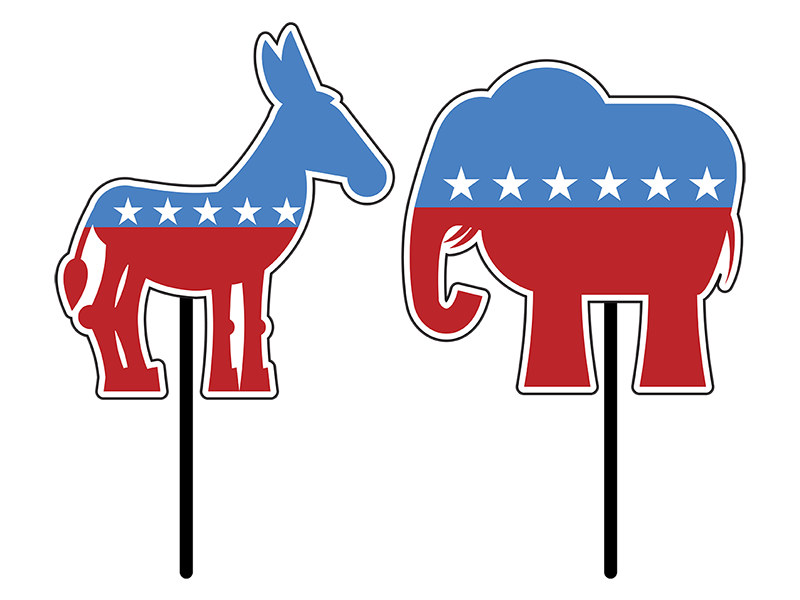
On Nov. 3, 2020, 5,875 state legislative seats were up for regularly scheduled elections across 86 of the nation’s 99 state legislative chambers. As a result of the election, control of 315 seats flipped from one party to another. Republicans gained a net 141 seats, Democrats lost a net 133 seats, and independent and third…
-
Colorado Supreme Court rules that state board must defer to disciplinary actions taken by other state agencies

On Dec. 21, the Colorado Supreme Court ruled in DOC v. Stiles that the Colorado State Personnel Board (Board) must defer to disciplinary decisions made by state agencies. The court’s decision aimed to shed light on the standard the Board must apply when reviewing other state agencies’ disciplinary decisions. The court held that when the…
-
Four new Kentucky bills would limit the governor’s emergency powers
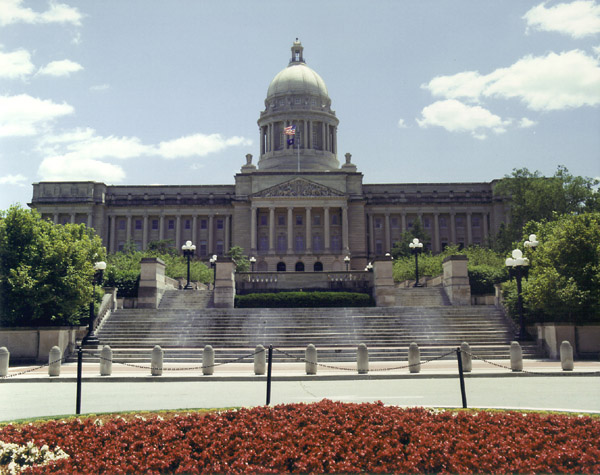
On Jan. 7, the Kentucky State House and Senate passed four pieces of legislation aimed at limiting the emergency powers of the state governor. The first bill, House Bill 1, would allow any businesses, schools, or associations to remain open as long as their operating plans meet or exceed guidance issued by the federal…
-
Virginia State Senate District 38 special election set for Mar. 23, 2021

Election officials have scheduled a special election for the District 38 seat in the Virginia State Senate for Mar. 23, 2021. The seat became vacant when A. Benton Chafin (R) died on Jan. 1 from complications related to coronavirus. There is no primary, and the filing deadline is on Jan. 22.
-
Mike Kennedy sworn in to Utah State Senate
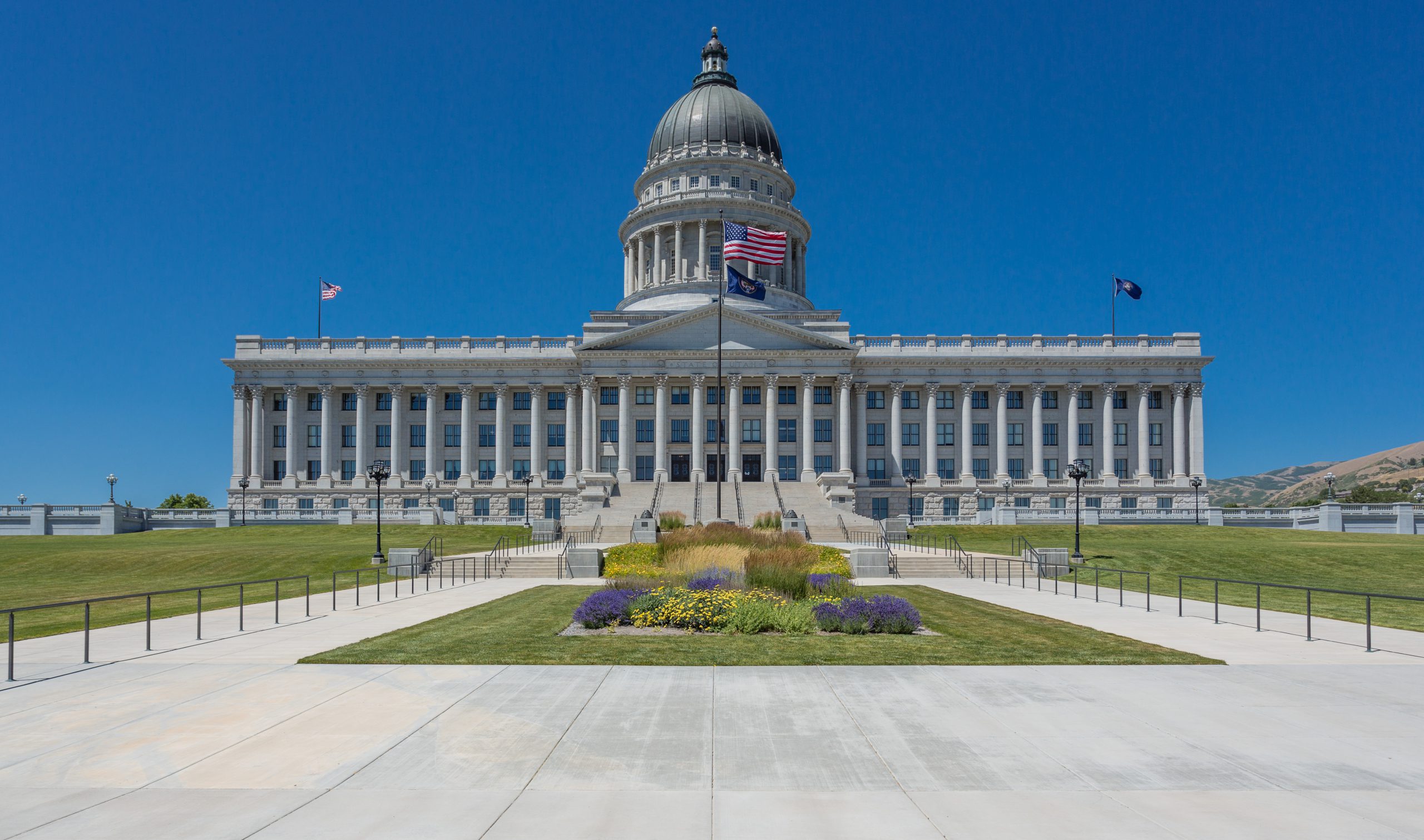
On Jan. 5, Mike Kennedy (R) was sworn in as a member of the Utah State Senate. Kennedy won a special election on Dec. 29, 2020, to fill the seat vacated by former Sen. Daniel Hemmert (R). Hemmert resigned to take a job as the executive director of the Governor’s Office of Economic Development under…
-
New Hampshire House of Representatives Hillsborough 21 special election set for Apr. 13, 2021
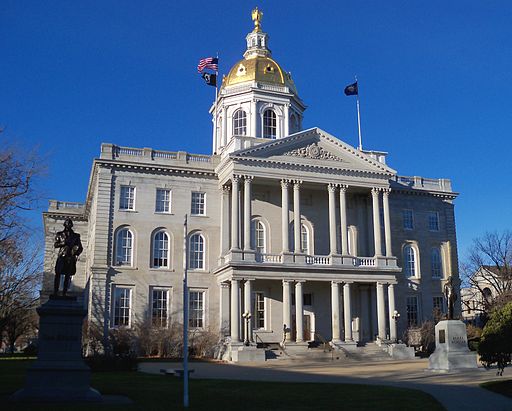
Election officials have scheduled a special election for the Hillsborough 21 seat in the New Hampshire House of Representatives for Apr. 13, 2021. The seat became vacant when state House speaker Dick Hinch died on Dec. 9 from complications caused by COVID-19. The primary is on Feb. 23, but it may serve as the general…
-
Control of Alaska House of Representatives remains uncertain after Alaska Supreme Court decision

The Alaska Supreme Court confirmed Alaska Representative Lance Pruitt’s (R) 11-vote loss to Democratic challenger Liz Snyder on Friday, January 8. The court ruled that Pruitt did not provide sufficient evidence to sustain his challenge of the election results. Pruitt’s loss means that control of the chamber will likely remain uncertain until at least January…
-
Gov. Sununu (R) to nominate Attorney General Gordon MacDonald to New Hampshire Supreme Court
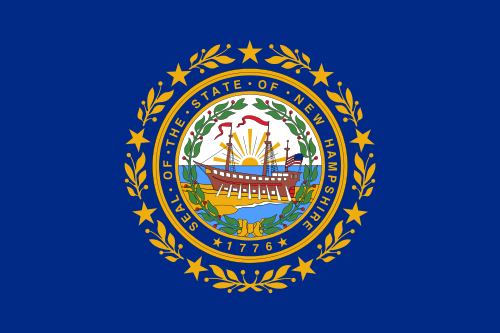
On January 6, 2021, Gov. Chris Sununu (R) announced that he will renominate Attorney General Gordan MacDonald (R) to the New Hampshire State Supreme Court. In New Hampshire, the governor makes nominations to the state supreme court and those nominees are then subject to the approval of the Executive Council. In order for the nominee…
-
Special election to be held Jan. 19 in Alabama state House district
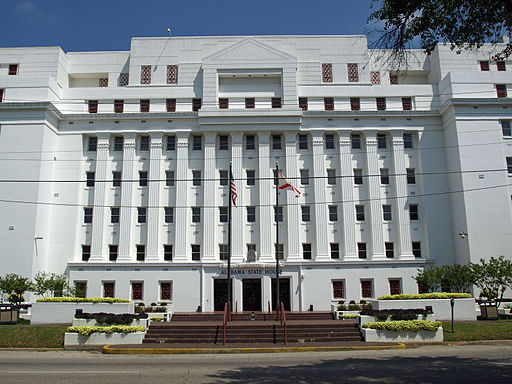
A special general election is being held on January 19 for District 33 of the Alabama House of Representatives. Fred Crum (D) and Ben Robbins (R) are running in the general election. The winner will serve until November 2022. The seat became vacant after the death of Ronald Johnson (R). Johnson had represented the district…
-
New York, Kentucky ease school restrictions, New Mexico, West Virginia start temporary school closures
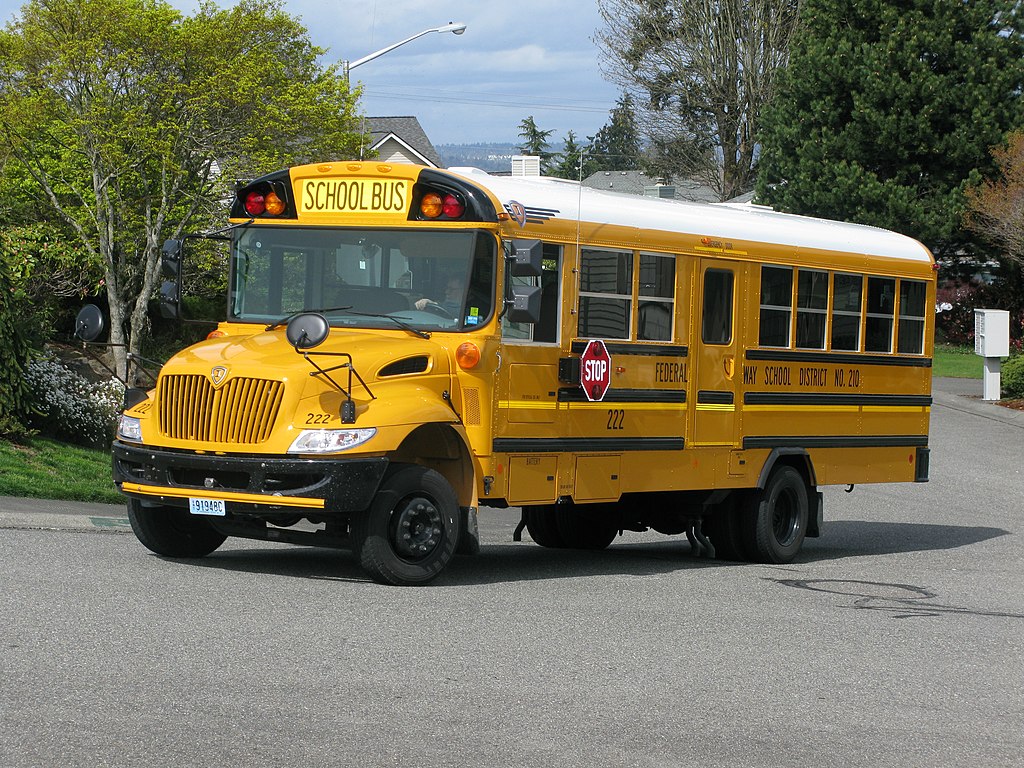
On Jan. 4, New York Gov. Andrew Cuomo (D) announced schools could remain open in communities with 9% or greater positivity rates if positivity among students and school staff was lower than in the surrounding community. Previously, the state required schools to close in communities where the positivity rate was 9% or greater. The same…

